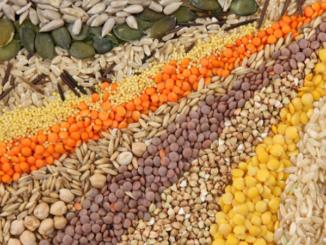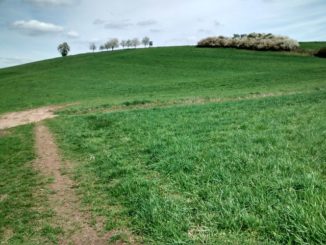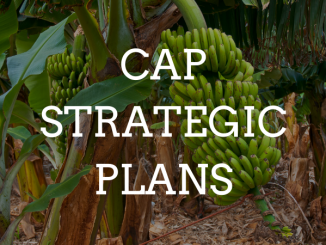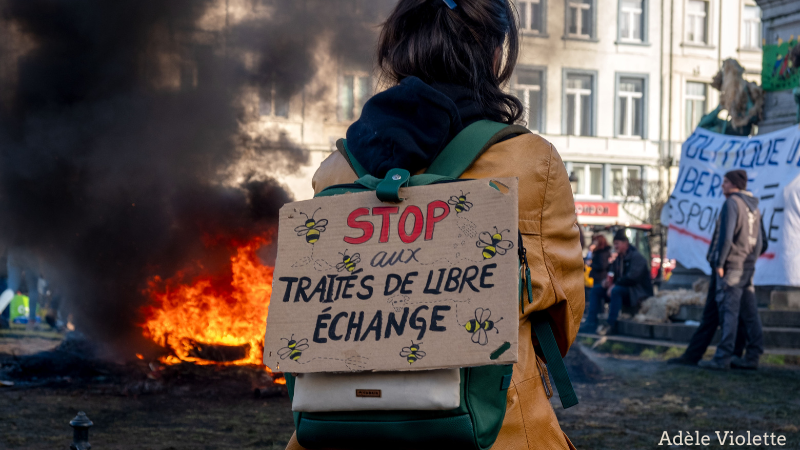
If there’s one thing that’s clear from the past few weeks, it’s that many EU farmers are reaching breaking point. But what exactly has driven them to the brink and to the streets – and how has Brussels responded? Natasha Foote breaks down what you need to know on the farmers’ protests.
It has been almost impossible to miss the images of farmers taking to the street in their thousands over the past few weeks, dominating both headlines and the political agenda in the process.
The spate of protests spread from Germany like dominoes to others including France, Spain, Lithuania before finally working their way up to the home of the EU institutions Thursday (1 February), where tractors lined the streets of Brussels and farmers filled the square in front of the European Parliament.
The anger we have seen spilled out into the streets is often painted in broad strokes as a pushback against the EU’s perceived escalating environmental demands – and while there’s no doubt this plays its part in the discontent, it is far from the whole picture.
As often with complex problems, a simplistic narrative is seducing. But in reality, EU farmers have yet to really feel the full brunt of many of the environmental regulations under discussion.
The vast majority of sustainable initiatives put forward in the EU’s flagship sustainable food policy, the Farm to Fork strategy, have failed to see the light of day. Meanwhile, we have seen back-to-back exemptions to the EU’s environmental rules in efforts to help cushion the blow of cascading crises, such as climate and war.
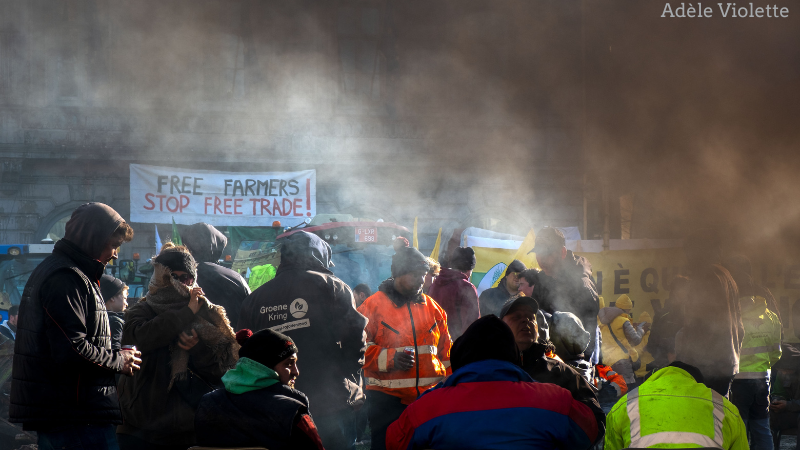
Not just enviro-rules
Instead, the issues are manifold, cross-cutting and run deep.
Farmers’ complaints include years of falling incomes coupled with rising costs, inequitable pricing structures and unfair competition from imports and free trade agreements. Add to this burdensome bureaucracy, enduring red tape and a lack of future prospects and you have the perfect recipe to break the proverbial camel’s back.
These frustrations were echoed among the various farming factions present at the Brussels protest, where farmers of all stripes, shapes and sizes could be found side by side on the streets.
And while farming factions may diverge on details, they share common ground on the fundamentals, with their discontent driven by deeper, systemic concerns.
As Morgan Ody, small farmer and representative of small farmers associations European Coordination Via Campesina (ECVC), put it, the protest was a “single demonstration”.
“All the farmers are together here for fair incomes and because our life is becoming impossible,” she said, pointing out that there were organic, non-organic and conventional farmers protesting together.
“We are here to ask for dignity, we want to make a living out of our work,” she added, while fellow small farmer Tijs Boeleans lambasted the current agricultural model for being “morally, ecologically, and socially bankrupt”.
Likewise, EU young farmers association CEJA put “dignified living and working conditions” at the core of the protests.
“Protests currently unfolding in many member states are the legitimate expression of long-term frustration and the feeling of not being heard,” the association said in a statement, pointing out that, with a mere 6,5% of farmers below the age of 35, the new generations in farming feel they cannot “[meet] the high expectations of policymakers and society while maintaining their livelihoods”.
So how has the EU responded?
In a bid to be heard by those at the top of the EU food chain, the protest took place on the back of a meeting of EU heads of state in Brussels – and successfully managed to place farming on the EU summit’s menu.
On the sidelines of the protests, a series of meetings between farming groups and top ranking officials took place. These included young farmers’ associations, EU farmers’ association Copa-Cogeca and ECVC, who met with the likes of Council President Charles Michel, Belgian Prime Minister Alexander De Croo, EU agriculture Commissioner Janusz Wojciechowski and Commission President Ursula von der Leyen.
This latter meeting led to a promise of a package to reduce the administrative burden on farmers, to be presented ahead of the next meeting of EU agriculture ministers, according to a Commission spokesperson. The meeting is currently scheduled for 26 February.
Pressed for further details, a Commission spokesperson told journalists on Friday (2 February) that the Common Agricultural Policy is “not static” and is “constantly being looked at for improvements”. “Within that, simplification it’s always a top priority,” he added.
Meanwhile, Commission President von der Leyen also addressed concerns around the EU-Mercosur trade deal, with farming representatives reporting that the President told farmers that she understood the need for reciprocity and would “look into that”.
However, the Commission declined to offer details on the matter, explaining that they do not comment on ongoing trade negotiations.
However, the spokesperson also pointed out that, while much of the anger is directed at Brussels, member states should not escape scrutiny. This is because this latest round of the CAP, which came into force in January 2023, places more power back into the hands of EU countries via the so-called national strategic plans.
Through these plans, countries set out how they intend to meet sustainability objectives. This means that EU countries have a key role to play in assessing spaces for simplification.
What comes out of this, and whether it will be enough to satiate the farming community, remains to be seen. But, as the lacklustre response to the measures proposed so far shows, one thing is clear – merely scratching the surface of these systemic issues will not be enough to quell the current discontent.




